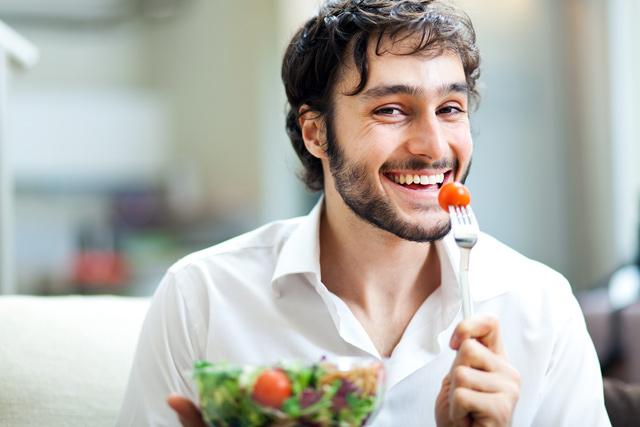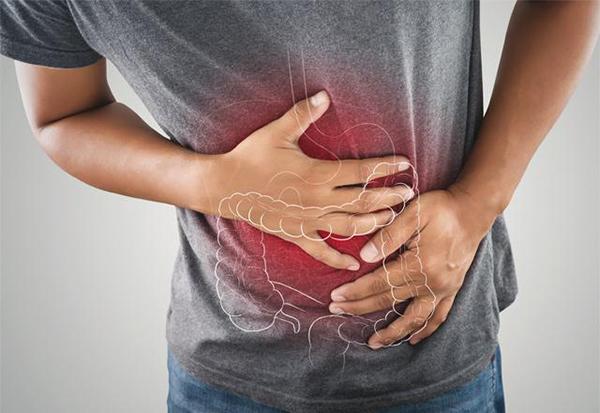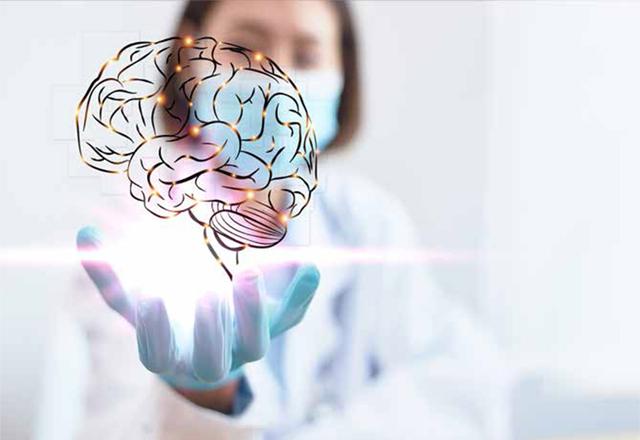You are here
Eating right
By Sonia Salfity , Family Flavours - Nov 01,2020 - Last updated at Nov 01,2020

Photo courtesy of Family Flavours magazine
Your gut will thank you if you start to feed yourself with the right foods to promote the right kind of gut bacteria.
Eating fruits and vegetables is a sure way of promoting the growth of the right kind of bacteria in our stomachs. It’s the kind of bacteria that will make you crave more fruits and vegetables instead of the wrong kind that makes you crave more sugar. Whichever one you feed is the one that will grow inside you and will dictate what your brain will crave.
These days I have found it a lot easier to eat my veggies when I picture my gut bacteria inside my stomach. Plus, the choices we make for one meal affect how we digest our next meal based on the kind of bacteria that grows as a result of what we feed it! I notice the days I include more beans and legumes as well as fruits, that I benefit the next day as my body will crave more of those foods and feel a lot more satiated.
Keeping gut bacteria healthy
Some people take probiotics to keep things running smoothly, but the body also needs prebiotics to work hand in hand with the probiotics and the best way to get that is by eating a diet that is rich in fruits, vegetables, beans and lentils. These foods are not only fresh, but they help keep us feeling fuller for much longer than foods with empty calories.
Scientists refer to our gut as the second brain for a good reason. The bacteria inside our gut send a message to our brain that they are hungry. They also dictate what kind of food they are hungry for depending on what kind of bacteria they are. Each meal we eat makes a big difference in how our body will digest the food later on and what kind of cravings we will get for the next meal.
Food order
Scientists have even discovered that the order we eat our food in also makes a difference. Eating our vegetables first results in our body absorbing fewer of the total calories of the rest of the meal.
Experts also suggest combining foods so that we give ourselves a healthier chance even if we are eating something like a pancake. If we add fresh blueberries to it, our body will absorb less of the unhealthy calories simply because the blueberries at that meal will slow down the digestive process and not break down as quickly as the simple carbs and sugars found in the pancake. When I treat myself to a small dessert, I make sure to have my veggies first and perhaps add some berries on the side to slow down the insulin spike that my body produces as a result of eating sweets.
More importantly, fruits and veggies provide many essential vitamins and minerals. The body recognises these vitamins and minerals when they are taken in their natural form in food. Hence, whenever possible, make sure to get your daily vitamins from food. These vitamins include calcium, magnesium, iron, potassium, fibre, Vitamins A and C and folate, just to name a few.
Reprinted with permission from Family Flavours magazine
Related Articles
An often debilitating condition, Irritable Bowel Syndrome (IBS) leads to frequent, recurrent abdominal pain and constipation or diarrhoea. There is currently no specific cure for it, so dietary and lifestyle changes are essential. In this article, I help you identify triggers and to adopt a strategy to make them less frequent and less severe.
A sign of a healthy digestive system is saliva production; once you feel your mouth is dry which indicates you probably lack digestive enzymes, your body will take longer to absorb vitamins and minerals
There are millions of natural bacteria in the gut. These microscopic organisms play a crucial part in our health. Probiotics are good bacteria that boost the collection of millions of beneficial microorganisms that live in our gut.














